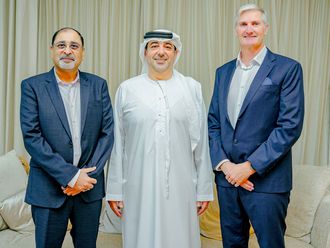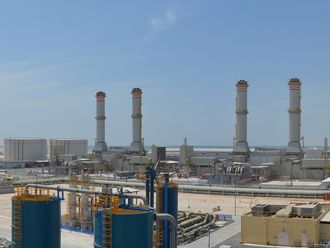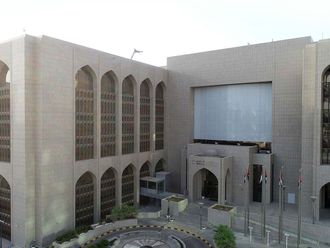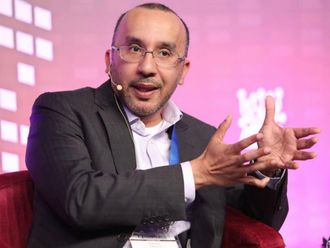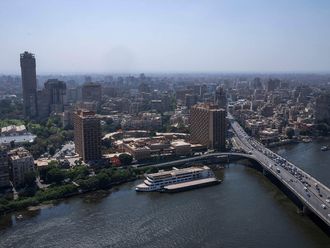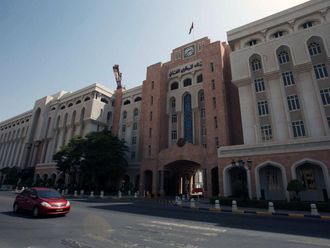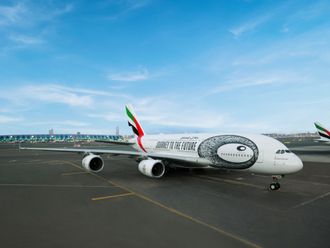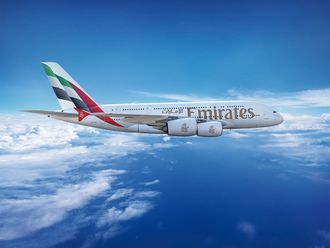Dubai: Members of the Organisation of Petroleum Exporting Countries (Opec) will be investing heavily in downstream activities over the coming years despite uncertainty about the global economic climate, Opec Secretary General Salem Al Badri said in the latest Opec Bulletin.
"Over the next decade, members were expected to invest around $40 billion in refining capacity expansion," Al Badri said.
He added that in 2009, around 30 projects came onstream in Opec member countries, resulting in an increase of 1.5 million barrels a day in net crude and liquids capacity. Furthermore, over the next five years 140 projects are expected to be completed and this will add about 12 million barrels a day of gross crude and liquids capacity.
"This represents a huge level of investment, estimated at $160 billion. However, it should be enough to satisfy growing demand for Opec crude, as well as provide a comfortable cushion of capacity, which already exceeds 6 million barrels a day," Al Badri said.
He warned that member countries from developing nations couldn't continue to invest such large sums unless they were convinced that the demand would be there when the capacity came onstream.
However, the Opec in its world oil outlook showed that as early as 2020 demand for Opec crude could be as low as 29 million barrels a day or as high as 37 million barrels a day. According to the organisation, this outlook translates into an uncertainty gap for upstream investments in Opec member countries. "There is, therefore, the very real possibility of wasting financial resources on unneeded capacity," Al Badri said.
Opec consists of 12 countries made up of Algeria, Angola, Ecuador, Iran, Iraq, Kuwait, Libya, Nigeria, Qatar, Saudi Arabia, the UAE, and Venezuela.


